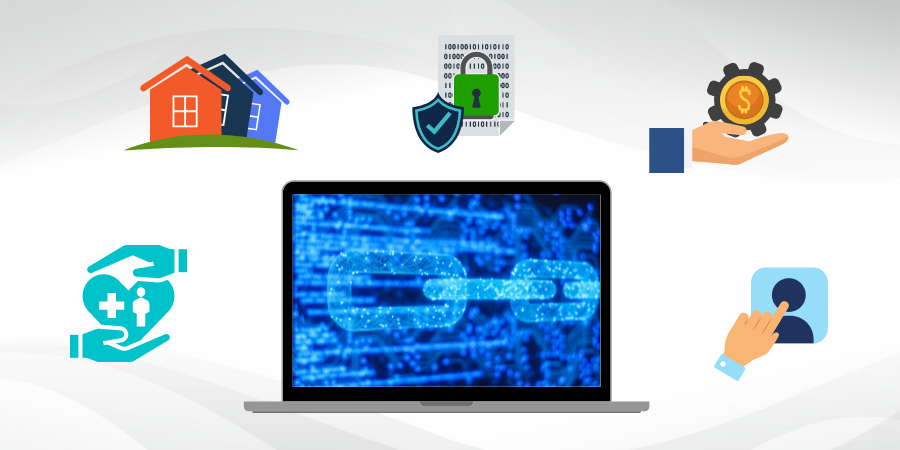
Blockchain technology is a widely distributed booklet that created huge waves, cracking the media down on “cryptocurrency.” Although the crypto-investment craze is over, all the media attention and the essence of this technology have not gone away. This revolution has begun, and there is no going back. Besides, blockchain technology is highly trustworthy and is on the verge of changing the game in many industries.
This article will explain why blockchain is important and highlight the five areas that have already significantly impacted.
1. Financial Services
You can find some of the most widely used blockchain technologies in the field of financial services. Blockchain changes all aspects of banking, including bank transactions, payments, trading finance, lending, securities, etc. It eliminates the need for the average person to process transactions while reducing the risk of fraud and speeding up the process. For example, blockchain technology allows for faster payment of limits without the need for third-party authorisation. In the case of trading funds, companies can sell tokens to raise money - through initial financial contributions (ICOs), such as stocks, rather than going the traditional way with VCs while still ensuring that financial information is secure.
2. Healthcare
Blockchain technology is already protecting medical records and bringing more clarity to the healthcare industry in the healthcare sector. A state-of-the-art blockchain ledger is encryption used among healthcare professionals to create a single accurate source of patient data that doctors, pharmacists, hospitals, and insurers can easily refer to. It allows access to precisely what they need to integrate the personal care plans and immediate diagnoses.
Once work is added to the blockchain, it is verified by the network and cannot be deleted. Making it permanent increases data visibility and integrity in an industry where data loss, security breaches, and other privacy breaches can lead to significant penalties and public mistrust. In the years to come, we will probably see blockchain technology penetrate the healthcare environment with increased adoption of medical records management - ensuring data security, medication adherence, payment processing, and access to information about clinical study participants and results.
3. Real Estate
Property is another sector where we see the use of blockchain technology in a variety of applications. Buying property is usually a long process that involves a lot of paperwork and comes with a high risk of fraud. Blockchain promises to create a lasting, distributed book among buyers, agents, lenders, insurance companies, and others involved in the agreement. Also, it stands to bring increased transparency in the buying and selling process, prompt transactions, and cost savings by terminating buy and sell contracts and the need for human mediators.
Because everything is recorded in a book for all to see - if one bad character tries to deceive a document, his works can easily be found by anyone else who has access to the blockchain. In addition, blockchain technology is supposed to make real estate investments more accessible to a larger audience, allowing individuals and organisations to buy and sell fractional real estate shares – a type similar to mutual funds but at a higher cost.
4. Voting
The 2016 election changed the security of voters. It became a major concern in this country and abroad, warning the world of the dangers of false information, or “false stories,” vicious attempts to swindle voter registration information, and other digital fraud cases. These disruptions had a profound effect on voter perceptions and election results. However, news and social networking sites can now set up blockchain networks to track each node’s activity, verify identity more accurately, and compare suspicious account actions.
The Estonian voting system was the first blockchain-based voting system. It was founded in 2007 to make public communication accessible to all citizens with access to the Internet. Blockchain technology offers an effective online voting option, which may increase the number of voters during elections.
Voting based on Blockchain has not yet seen widespread acquisition, partly because some countries have problems implementing e-voting solutions. For example, in 2019, Switzerland encountered severe errors in the source code of their Swiss Post system in voting, while similar solutions were left entirely in Ireland, Germany, Norway, the Netherlands, and Finland due to security issues. Countries like Russia and Sierra Leone have begun trying to vote through e-voting to increase transparency in the voting system. Also, USPS is rumoured to be operating a blockchain-based voting system.
5. Data Security
Data security is one of the significant problems we face today - personal, financial, medical, and company-related sensitive data - all at stake without the entire cybersecurity strategy to protect it. Blockchain technology is one of the most effective solutions for improving data security because blockchain is encrypted so that it automatically provides the appropriate authentication and protects data from hackers. A blockchain-based cybersecurity platform can also protect connected devices and use digital signatures to identify. It can authenticate each device in a distributed network while using the Software-Defined Perimeter (SDP) and Zero-Trust model to hide all certified devices within the network.
Final Thoughts
It is important to note that there is a standard line between the five industries mentioned above – an urgent need to protect sensitive information in a digital environment. However, this process is becoming increasingly difficult to control. But blockchain can surely help!
Therefore, you can contact our expert today to learn more about how blockchain can help you in your business.










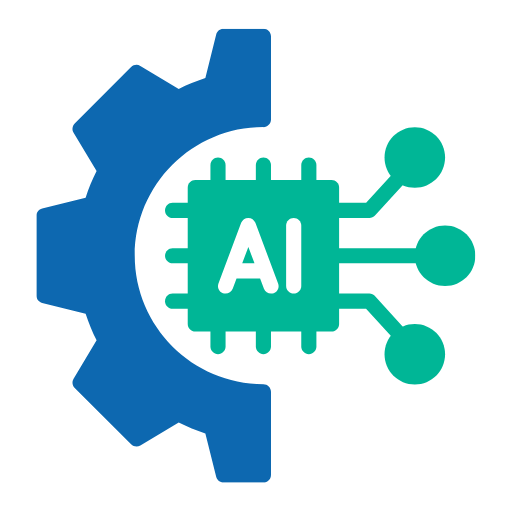









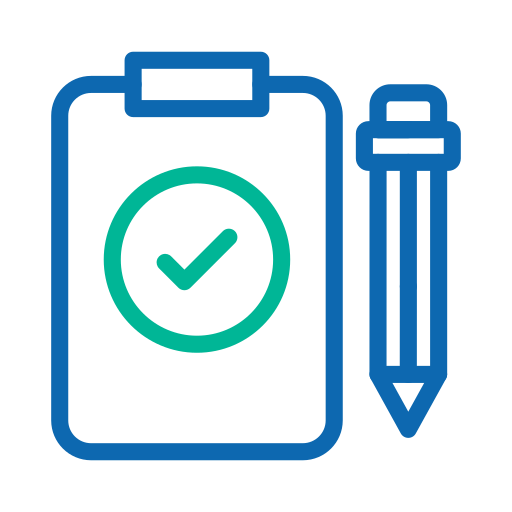
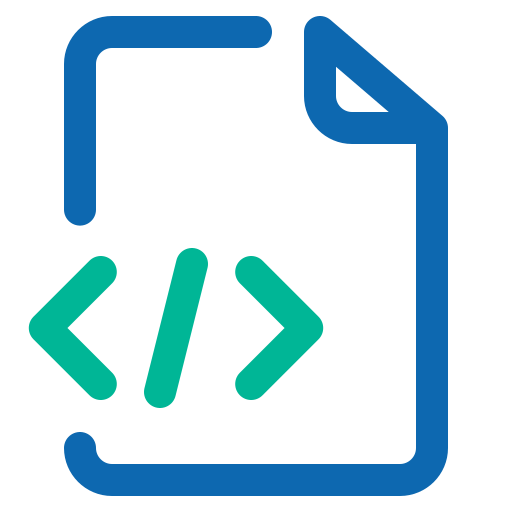
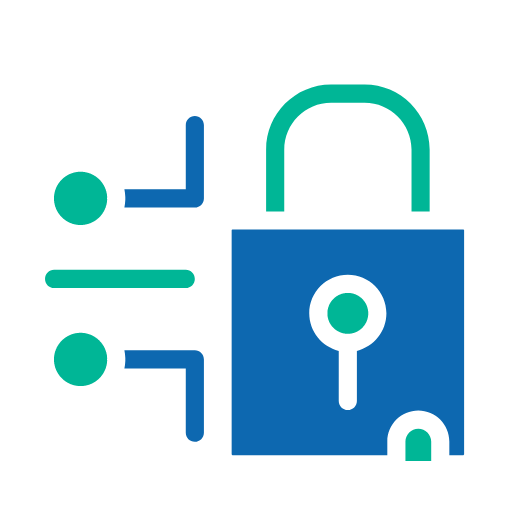



 Batoi Research Group
Batoi Research Group